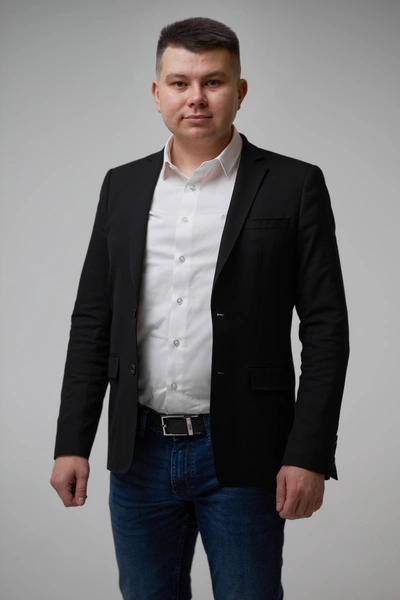
Andriy Klymosyuk
project managerklymosyuk@izi.institute
2015 - Master of Laws - Yaroslav Mudryi National Law University
2019 - PhD in Law - Yaroslav Mudryi National Law University
2024 - Master of Public Administration - "University of educational management" National Academy of Educational Sciences of Ukraine
Since September 2024, he has been the Head of the Integrity Council at the State Service of Ukraine for Transport Safety.
He implements projects in the following areas: corruption risk assessment in the field of road transport; criminalization of sanctions violations and circumvention, criminal and civil asset confiscation, management of sanctioned assets, and ensuring access to the Register of Losses for victims of Russian aggression.
Related News
Reading time:
5 minutes
Related Project
Improving sanctions poli…28 Nov. 2025
Reading time:
5 minutes
Related Project
Improving sanctions poli…2 Sept. 2025
Related analytics
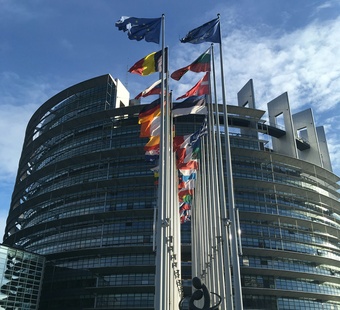
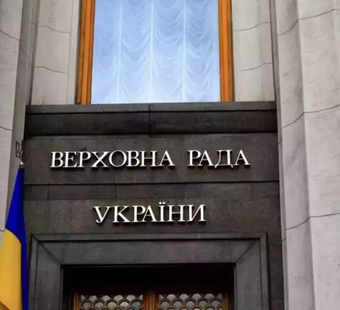
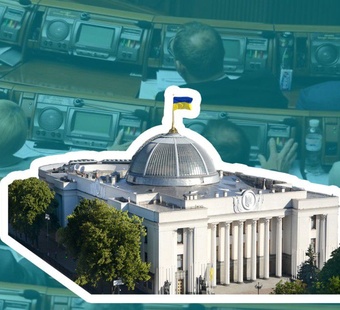
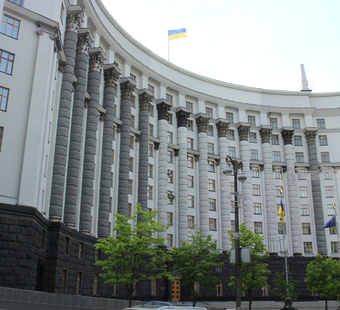
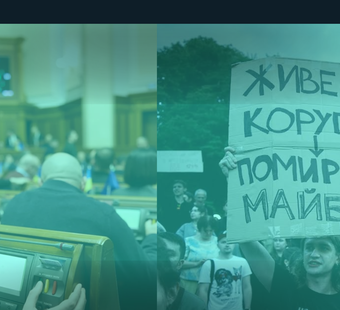
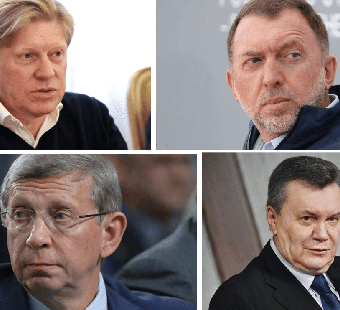
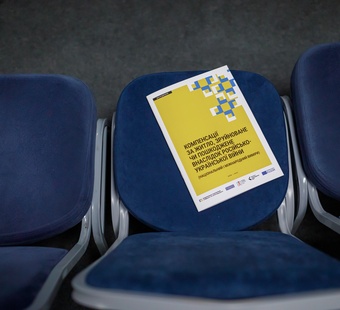
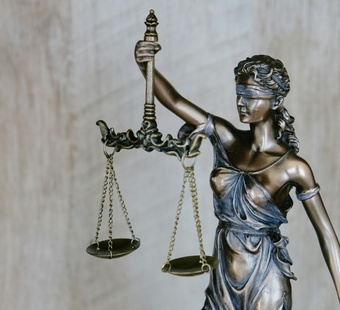
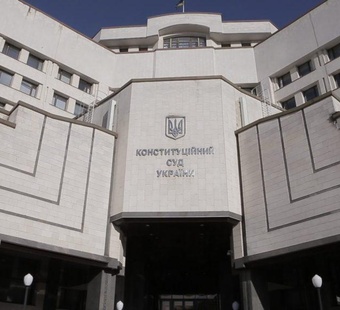
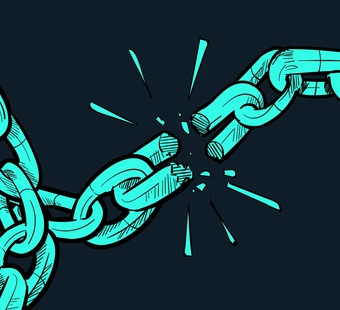
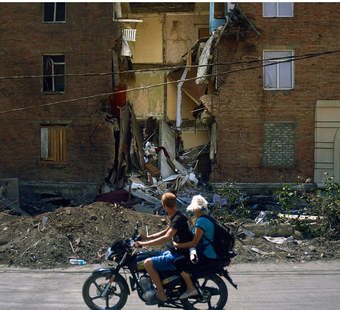
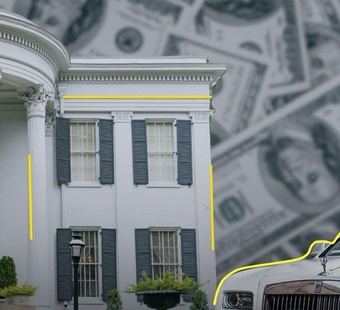



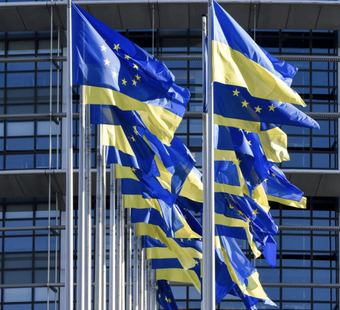
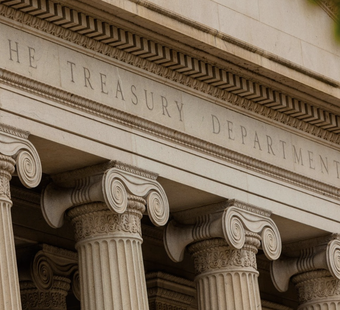

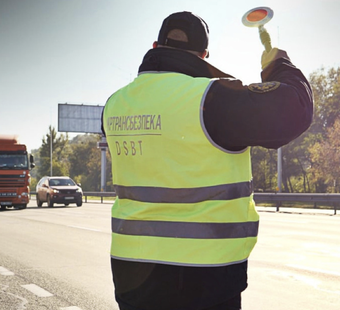
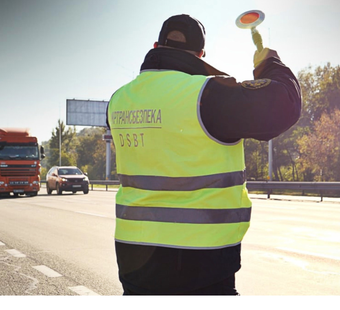


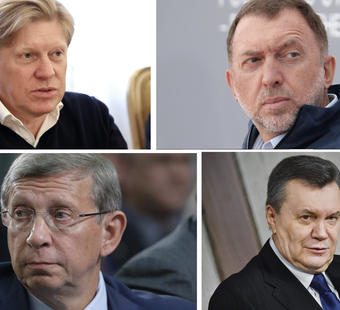


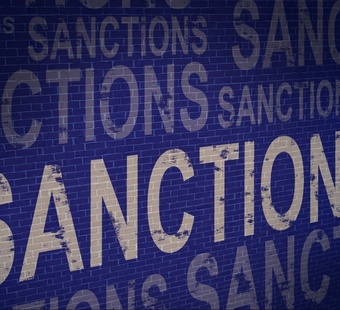

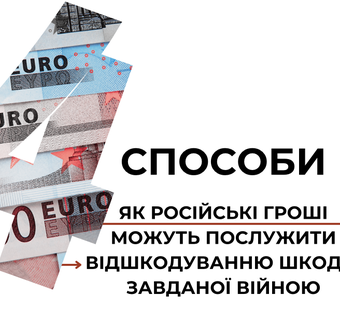
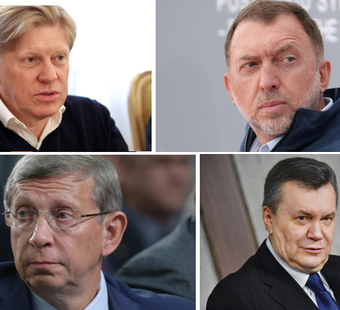
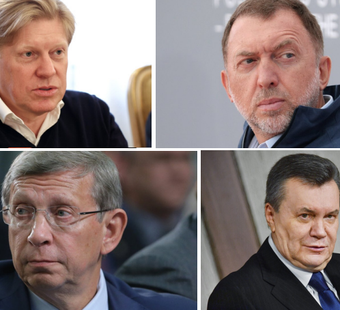
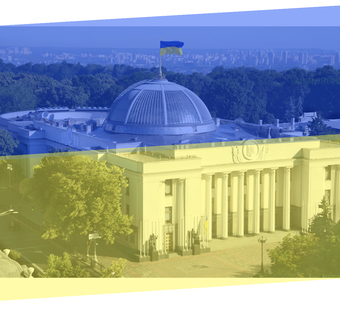
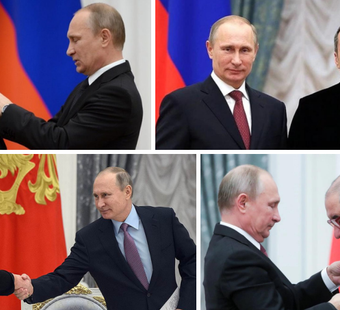


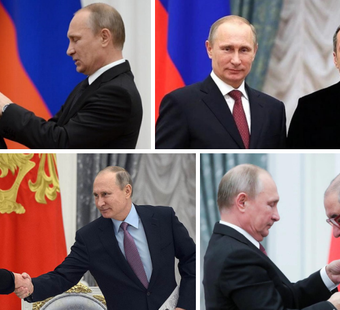
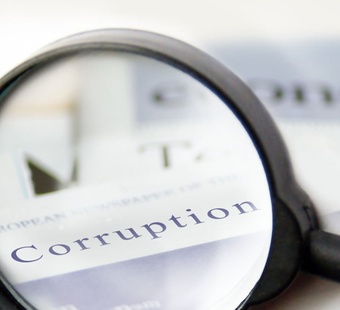
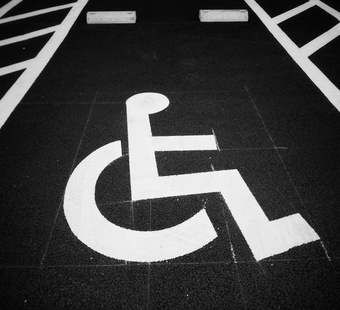
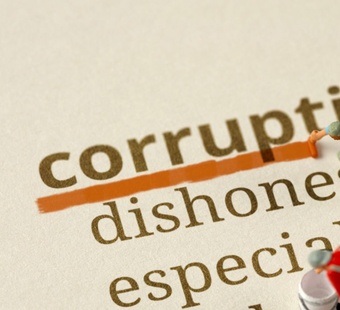
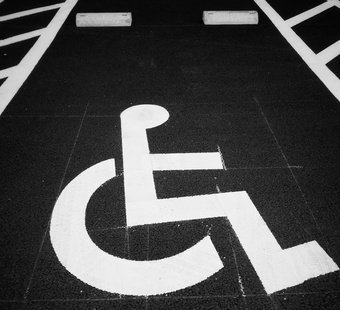
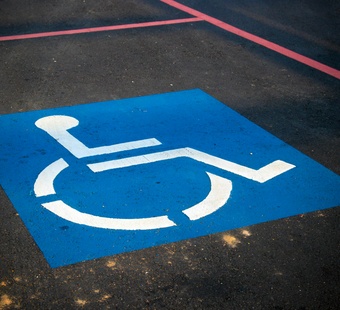
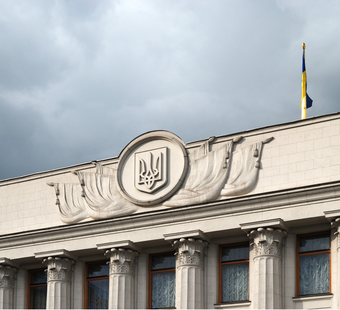
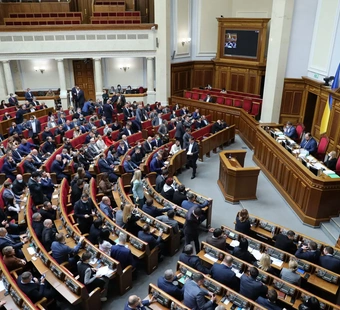
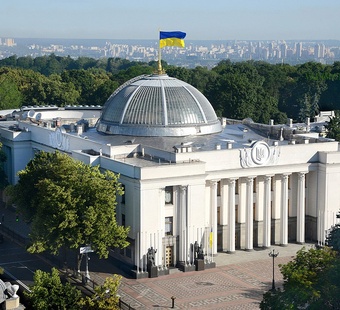
Related Materials
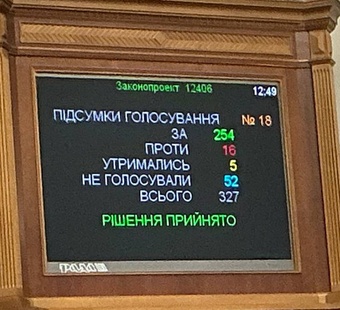
Authors:
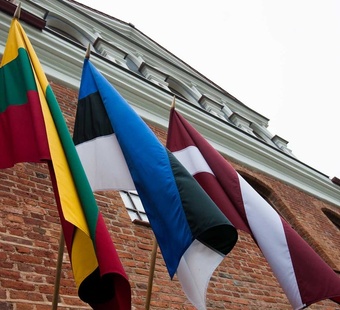
Authors:

Authors:

Authors:
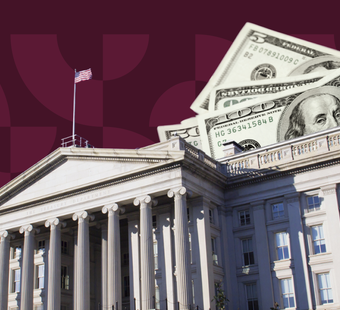
Authors:
Related to projects
Efficient reparations now
Останнє оновлення: 17 Nov. 2025
The Institute of Legislative Ideas develops and promotes tools for effective compensation for the damage caused by Russia's war against Ukraine. The project covers accounting for losses, searching for sources of compensation and monitoring the use of funds
Assessment of corruption risks in the passenger transport sector
Останнє оновлення: 19 March 2025
Project goal: Ensure transparency and increase the effectiveness of state supervision in the sector of passenger road transport to eliminate corruption risks and create comfortable conditions for carriers and passengers, including for the return of Ukrainian refugees home.
Minimizing corruption risks in public policy
Останнє оновлення: 30 Dec. 2025
The project includes anti-corruption expertise of legislation, strategic assessment of corruption risks in the sectors, confiscation of unjustified assets, management of corrupt assets, return of corrupt assets to Ukraine, and monitoring of Ukraine's anti-corruption obligations.



